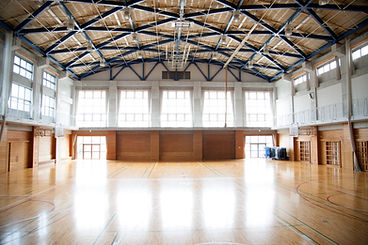
PRODUCT PERFORMANCE
Strength
Timber's superior strength qualities provide a versatile and reliable building material for a wide range of structural applications - from beams, walls and flooring through to formwork and large timber panels. Density is the single biggest factor influencing the strength of a piece of timber. Solid hardwoods are often high density, making them perfect for structural applications.
Thermal
When considering thermal performance issues, timber, a naturally insulating material, makes for an excellent choice. Air pockets within timber's cellular structure create a natural barrier to heat and cold
Acoustic
Timber performs strongly in the acoustic arena - whether the objective is to enhance sound or reduce sound. Its network of small interlocking wood cells converts sound energy into heat energy by frictional resistance within these cells and by vibrations within their sub-structure.
Because of this internal friction, wood has a stronger sound dampening capacity than most structural materials. While a concrete wall will also reflect sound, it does so in a much harsher way, resulting in stronger echoes.
Fire performance
While timber is indeed a combustible material, in construction it has significant insulating properties and burns in a slow, predictable and measurable way. Wood contains water and is a poor heat conductor, which is why it burns slowly. Under a charred outer layer, wood remains undamaged and retains its weight-bearing capacity.
These factors see timber perform strongly against fire and give designers the ability to confidently create strong, durable, fire resistant timber constructions.

